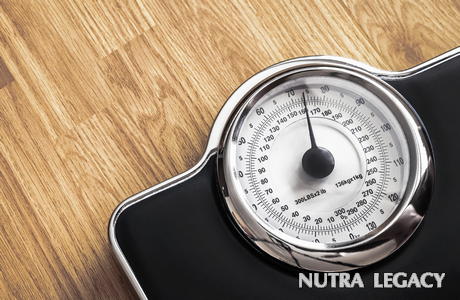Can You Really Sleep Your Way to Weight Loss?
We are obsessed with weight loss and just as obsessed with multi-tasking and making every hour of work count. What we may not realize is that staying awake to get that last project done may be causing us to actually gain weight. Sleep is part of the body function that allows weight loss and we are undermining what the body does naturally, by staying awake too many hours.

When we go into our sleep cycle, we have hormones that regulate the appetite that go into sleep mode as well. These hormones are called ghrelin and sleep deprivation cause them to increase by as much as 15%. Leptin is another hormone that is basically tells you that you are full when you are eating. Lack of sleep can deplete the leptin level by around 20%. Sleep, therefore allows the hormone levels to be in balance and keep you from eating too much. Studies have found that the hormones themselves are different effects based on gender.
The right amount of sleep also keeps your body from being in stress mode. The stress hormone called cortisol can trigger a number of types of cravings, but most commonly they are salty or sugar cravings. In other words, sleep will keep the balance so you don’t have a major desire to eat that whole bag of cookies.
The University of Chicago had a study that showed that there is also a fat cell response in diminishing of around 30% insulin process when the participants got 4.5 hours of sleep per night. The fat cells decreased their ability to properly release and store energy and your body therefore just keeps the calories rather than burning them.
The morale to the information is that when you sleep, your body balances all of the hormones needed to tell you that you don’t need any additional food as well as keeping your insulin balanced to use rather than store the energy.
Source: http://www.bottomlinepublications.com/content/article/natural-remedies/sleep-your-way-to-skinny
The information supplied in this article is not to be considered as medical advice and is for educational purposes only.
|
| ||||||||||||||





 21 May 2013
21 May 2013